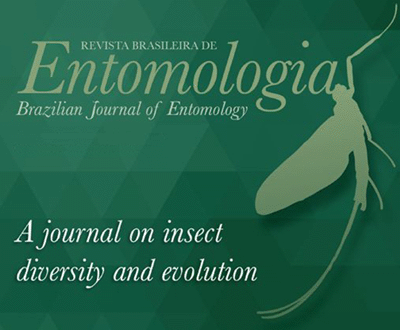ABSTRACT
After a dengue outbreak, the knowledge on the extent, distribution and mechanisms of insecticide resistance is essential for successful insecticide-based dengue control interventions. Therefore, we evaluated the potential changes to insecticide resistance in natural Aedes aegypti populations to Organophosphates (OP) and Pyrethroids (PY) after chemical vector control interventions. After a Dengue outbreak in 2010, A. aegypti mosquitoes from the urban area of Jacarezinho (Paraná, Brazil) were collected in 2011 and 2012. Insecticide resistance to OP Temephos was assessed in 2011 and 2012 by dose–response bioassays adopting WHO-based protocols. Additionally, in both sampling, PY resistance was also investigated by the Val1016Ile mutation genotyping. In 2011, a random collection of mosquitoes was carried out; while in 2012, the urban area was divided into four regions where mosquitoes were sampled randomly. Bioassays conducted with larvae in 2011 (82 ± 10%; RR95 = 3.6) and 2012 (95 ± 3%; RR95 = 2.5) indicated an incipient altered susceptibility to Temephos. On the other hand, the Val1016IIe mutation analysis in 2011, presented frequencies of the 1016Ilekdr allele equal to 80%. Nevertheless, in 2012, when the urban area of Jacarezinho was analyzed as a single unit, the frequency of the mutant allele was 70%. Additionally, the distribution analysis of the Val1016Ile mutation in 2012 showed the mutant allele frequencies ≥60% in all regions. These outcomes indicated the necessity of developing alternative strategies such as insecticide rotations for delaying the evolution of resistance.
Keywords:
Bioassays; Dengue; Insecticide resistance; Knockdown resistance; Pyrethroids; Temephos



